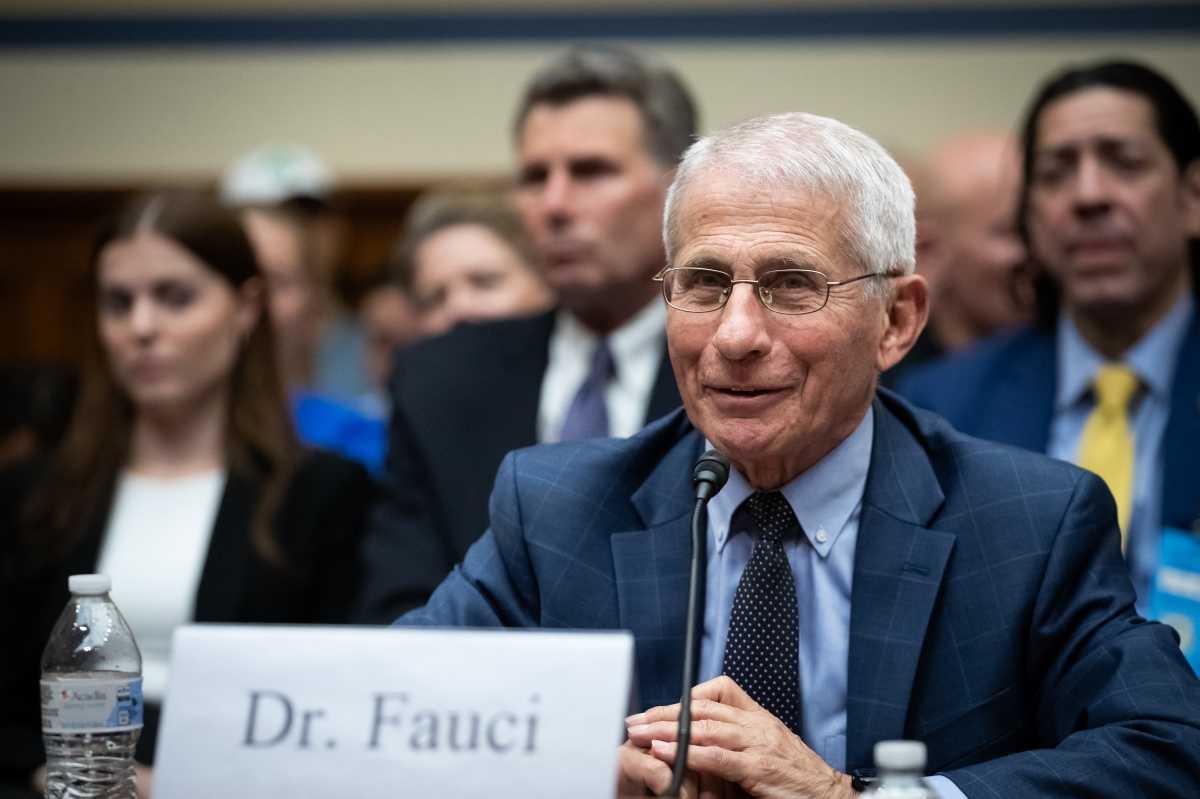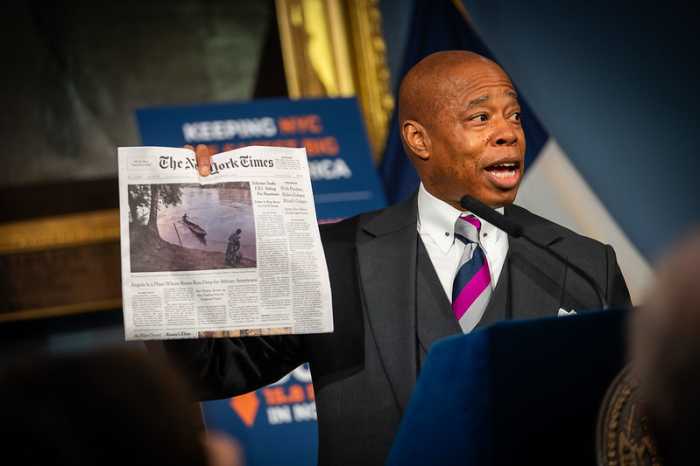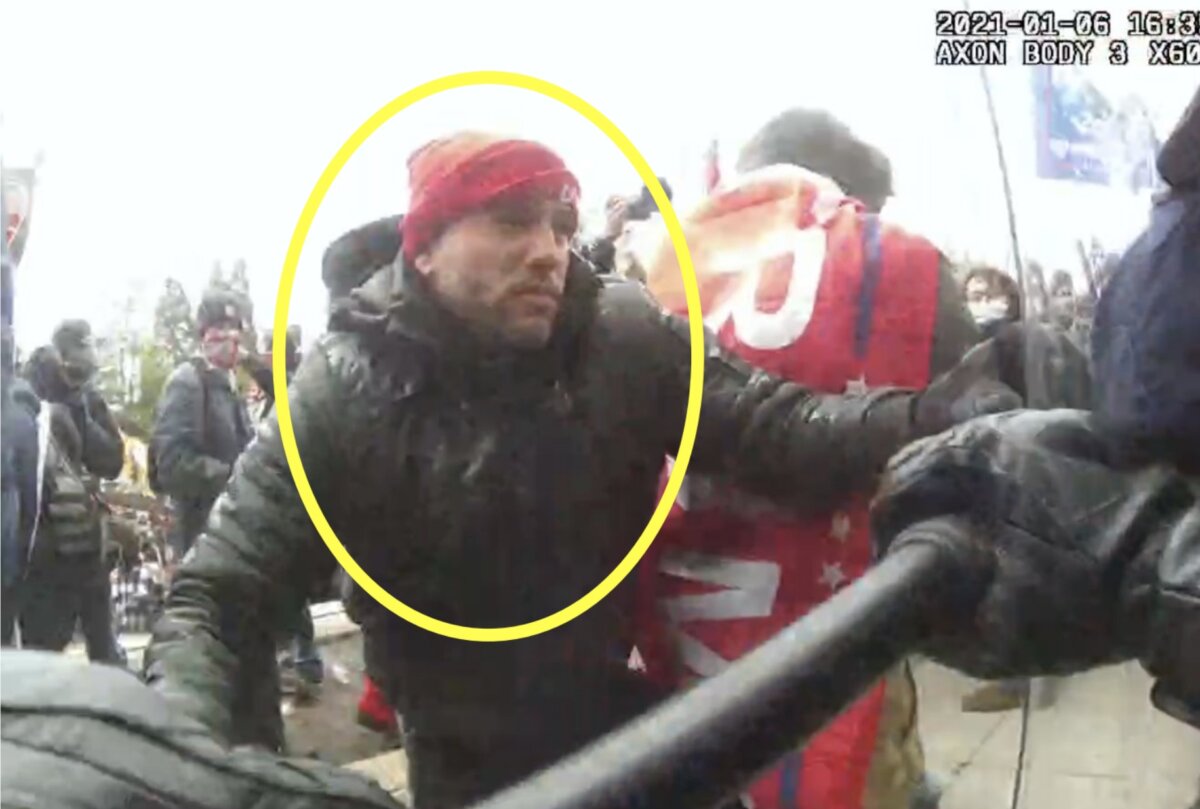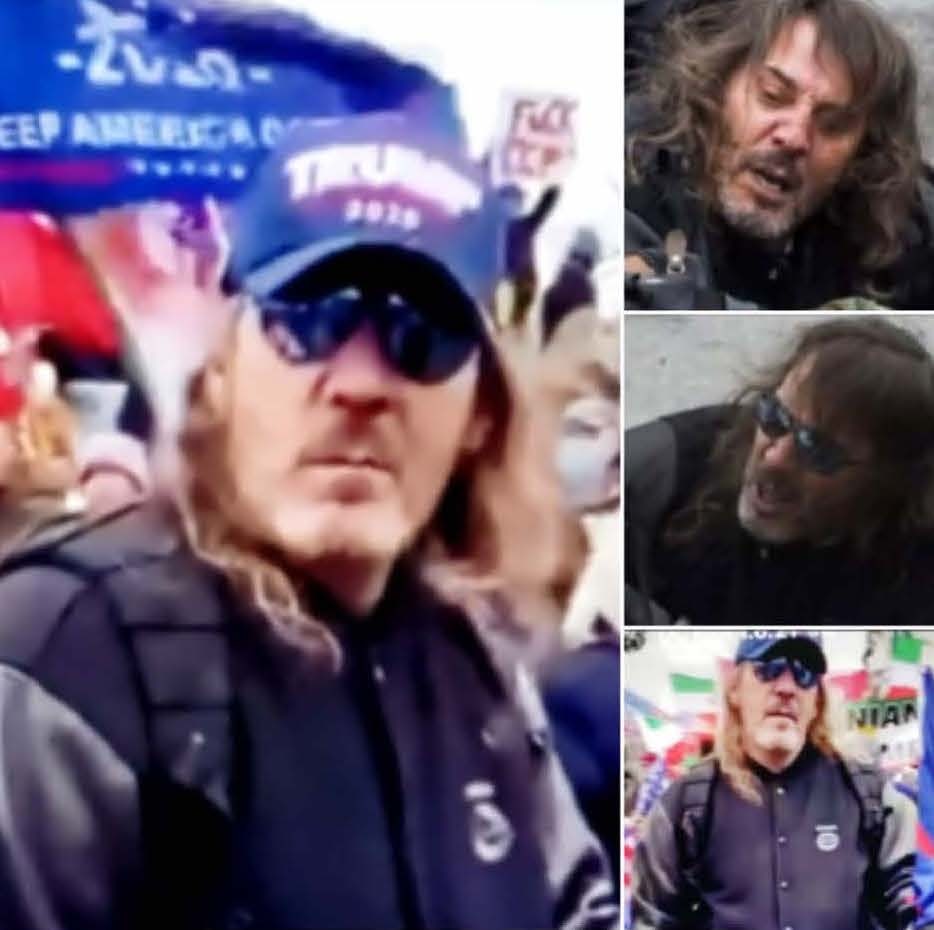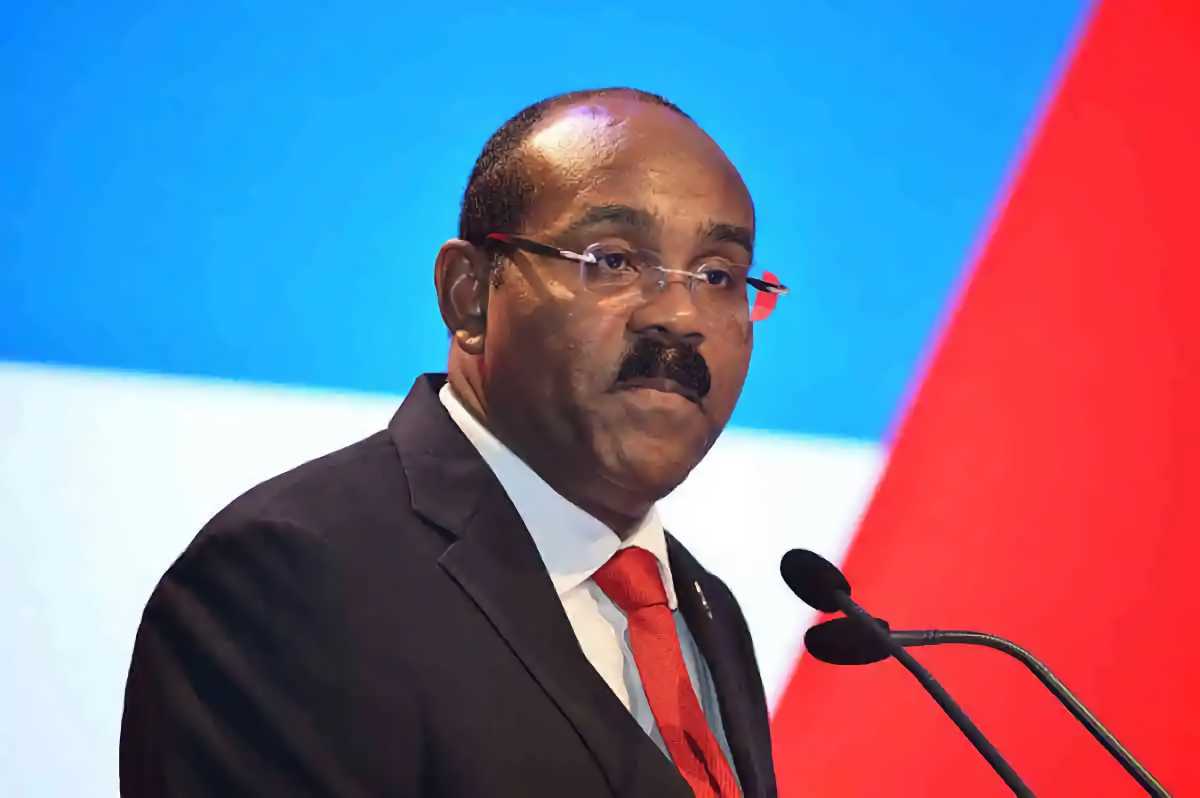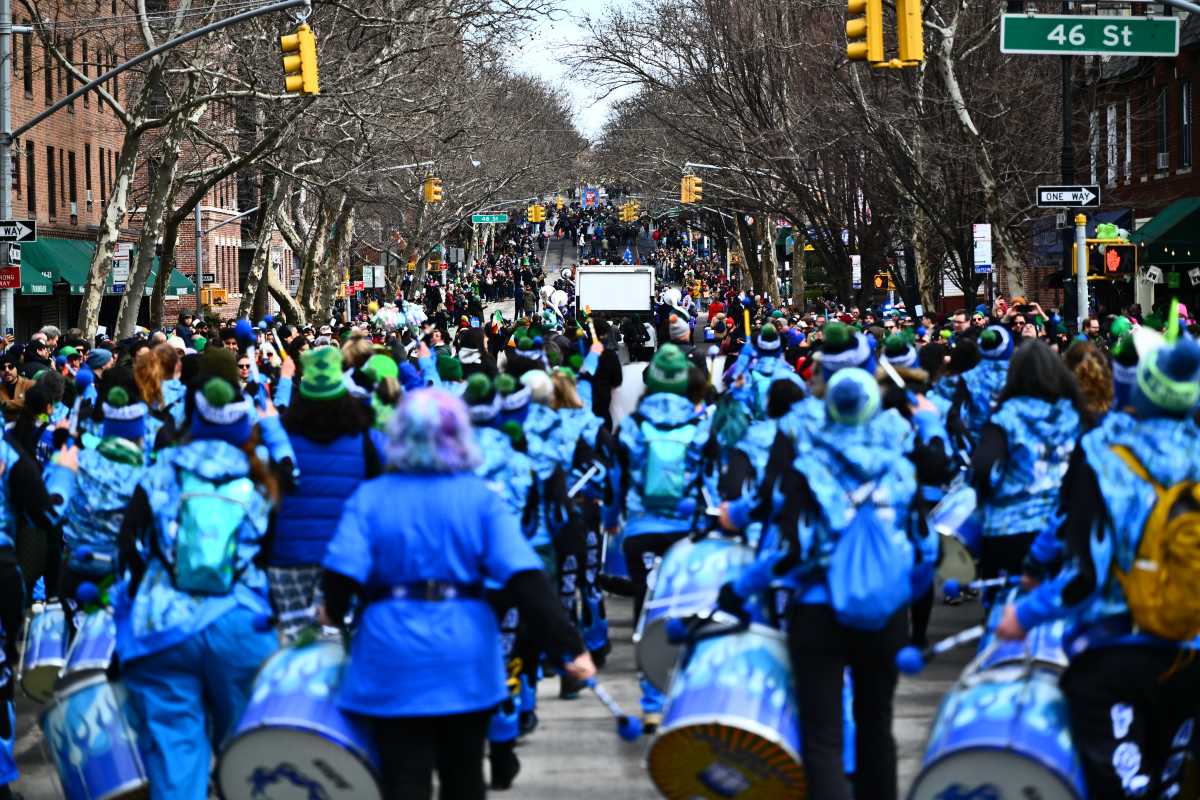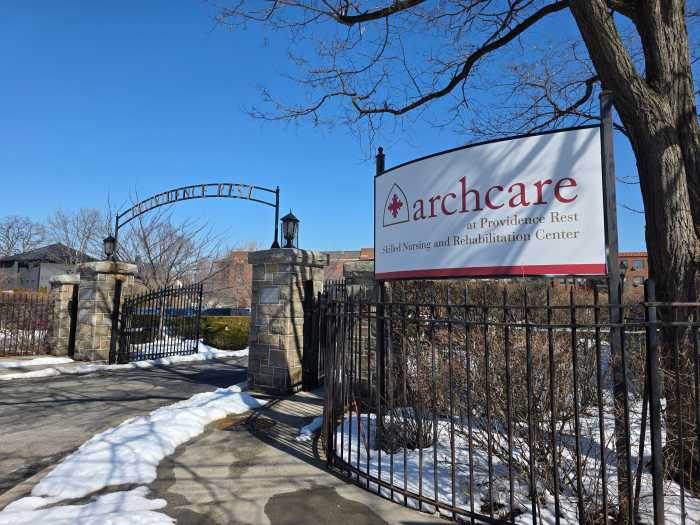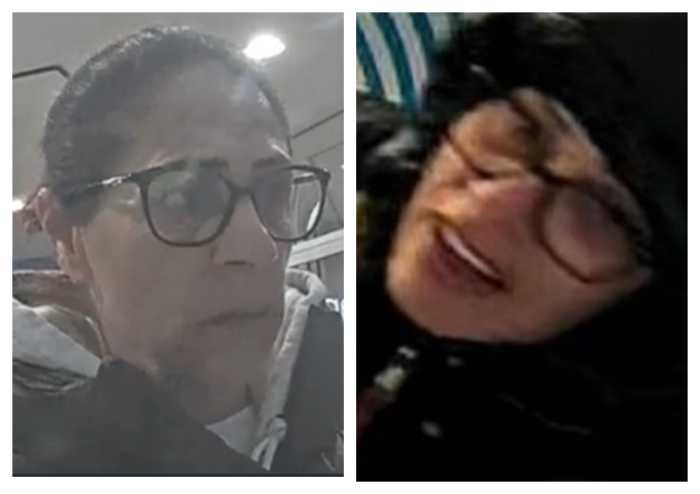On the final day of his tenure, outgoing President Joe Biden issued preemptive pardons to Brooklyn native Dr. Anthony Fauci and other individuals whom incoming President Donald Trump reportedly has in his sights for potential retaliation.
Fauci, who had once served as White House chief medical advisor during the first Trump administration, became a scapegoat and a target for right-wing conspiracy theorists after clashing with Trump on a number of occasions as they sought to address the deadly COVID-19 pandemic.
A son of Bensonhurst, Fauci had spent decades as the nation’s leading epidemiologist, leading the National Institute of Health in addressing various health crises ranging from AIDS to swine flu and, ultimately, the coronavirus. His efforts as part of the White House Coronavirus Task Force helped accelerate the production of effective vaccines and treatments that ended the health crisis and fully reopen society following months of mask mandates and capacity restrictions.
In an interview with Reuters, Fauci said the White House had contacted him a month ago about a potential pardon, noting that he had not sought one. Trump had repeatedly called for Fauci and other perceived enemies of his to be prosecuted.
“I appreciate the president reaching out and trying to protect me from baseless accusations,” Fauci told Reuters. “I’ve done nothing wrong and this is no admission of any guilt.”
Biden said Fauci and other public servants whom he pardoned on Monday—including former Chairman of the Joint Chiefs of Staff Gen. Mark Milley, members of the House January 6 Committee and others who participated in the investigation of the Jan. 6, 2021 Capitol insurrection — had been subjected to threats and intimidation for doing their jobs. His action aimed to shield them from any retribution the new president may inflict.
“These public servants have served our nation with honor and distinction and do not deserve to be the targets of unjustified and politically motivated prosecutions,” Biden said in a statement.
Moments before Trump officially became the 47th president of the United States at noon Monday, the Associated Press reported that outgoing President Biden had also extended pardons to members of his family, also in an effort to shield them from any potential retaliatory prosecution.
Biden said that those pardoned had done nothing wrong, but that simply being investigated or prosecuted could harm reputations and finances.
“I believe in the rule of law, and I am optimistic that the strength of our legal institutions will ultimately prevail over politics,” he said. “But these are exceptional circumstances, and I cannot in good conscience do nothing.”
The U.S. Constitution gives a president broad pardon powers for federal offenses. While pardons are typically given to people who have been prosecuted, they can cover conduct that has not resulted in legal proceedings.
In December, Biden pardoned his son Hunter — a recovering drug addict who became a target of Republicans and pleaded guilty to tax violations and was convicted on firearms-related charges.
On the flip side, Trump had previously vowed to pardon those arrested, tried, prosecuted and convicted for their participation in the Jan. 6, 2021 insurrection.
Read More: https://www.amny.com/new-york/brooklyn/



